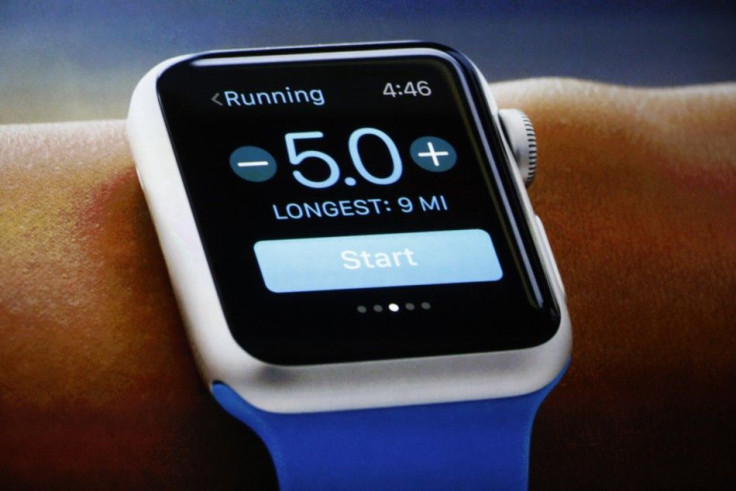Sales of wearable health-tracking technology to hit $5B by 2016

The release of timepieces that double as health trackers such as the Apple Watch has helped boost the market for wearable health-tracking devices. In 2013, $1.6 billion worth of such gadgets were sold. By 2016, the value is expected to jump to $5 billion.
That’s 21 million wearable units sold worldwide, according to Healthline. If the popularity of those devices further grow, sales could reach 150 million devices in 2019.
The projected three-fold rise in sales projection for 2016 merely confirms the belief that e-health, which includes wearables, is the “single-most important revolution in healthcare since the advent of modern medicine, vaccines or even public health measures like sanitation and clean water.”
Other components of e-health, according to the study “Electronic activity trackers encourage family fun and fitness” by Dr Doug Klein, associate professor at University of Alberta’s Department of Family Medicine, are telemedicine, electronic patient records, computer-assisted surgery and portable monitoring systems.
The sale of the wearables come at a time that more young people live a sedentary lifestyle as they spend more time playing computer games than outdoor activities. For adults, busy lives also lead to less physical activities that few fail to meet the current guidelines for adults, aged 18 to 64, to have at least 150 minutes of moderate aerobic exercises weekly.
In 2014, Klein began to use electronic physical activity tracker Fitbit on his patients. Fitbit is one available in the market, which includes Garmin, Jawbone and Nike. Besides his patients, Klein’s family also started to use Fitbit, with his 12-year-old daughter setting 10,000 steps daily as her goal.
The steps are measured by a computer software which sends tips to users as text messages. A study, which looked into the effect of FitLinxx pedometers, found better outcomes for patients in controlling aspects of their health who got the motivational tips, according to the study published in Australasian Medical Journal.
Other studies showed improved lifestyle and functional outcomes when they used pedometers and Internet-based interventions and logged their physical activities electronically. In the case of Klein’s family, it also enhanced intergenerational ties as the children connect with their relatives after they set up a family group to track the friendly competition within.
Klein says that even if these devices may have privacy and usability concerns, the gadgets could “revolutionise medical care and introduce a new wave of personalised medicine.”
A survey by Healthline found that 45 percent of users worry that their data could be stolen from their fitness gadgets or mobile apps. About 25 percent of them use Fitbit or a health-tracking app, while 7 percent own an Apple Watch. However, despite their concern, 80 percent of Fitbit users acknowledge the role of device in motivating them to strictly follow their exercise routines.
Contact the writer at feedback@ibtimes.com.au




















